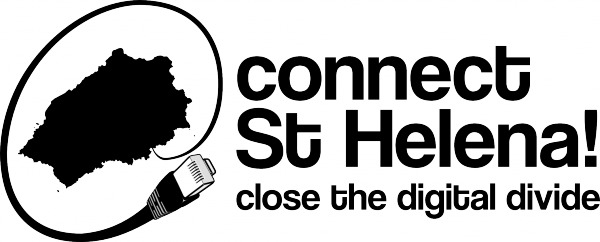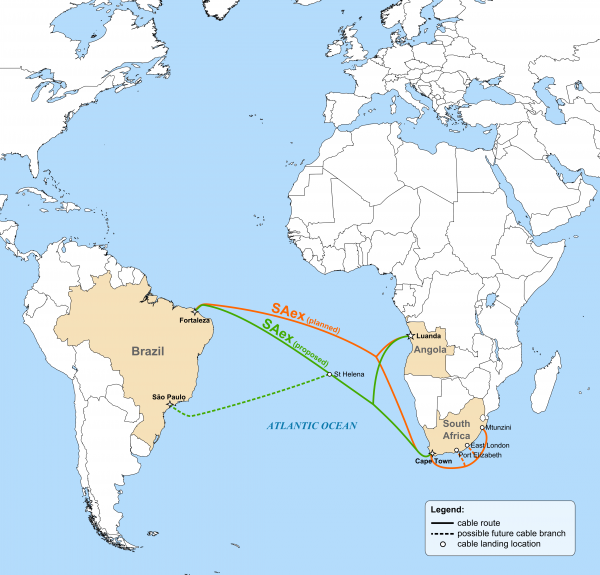On Friday I received an invitation to a Bristol Festival of Ideas event, “The Coalition at Half Time“, at At-Bristol, featuring Gruaniad journalist Polly Toynbee, fellow journalist David Walker and a panel of local MPs – Kerry McCarthy (Labour), Charlotte Leslie (Conservative) and Stephen Williams (Liberal Democrat). The invitation was extended to me so I could cover proceedings live via Twitter and I duly tickled the laptop keyboard as quietly and unobtrusively as I could for the next hour and a half.
After a brief introduction, proceedings started with a two-handed critique by Toynbee and Taylor of the coalition governments record to date, as reflected in their new report, Dogma and Disarray: Cameron at Half-Time. Taylor and Toynbee opened by taking the pre-election rhetoric of Cameron & co. and contrasting it with the reality since the election, including such clangers as the pasty tax and U-turns too numerous to mention. Toynbee and Taylor also drew attention to the opinions of the Tory Young Turks (those who thought Thatcher didn’t go far enough and who consider Cameron to be too soft) and their desires to dismantle and privatise the state. In addition, the ineffectiveness of the Labour opposition was also mentioned: for instance Toynbee opined that Labour were paralysed on opposition to benefit cuts, possibly due to public opinion; the demonisation of claimants as ‘scroungers’ has evidently been successful.
Following the Toynbee-Taylor double act, each of the local MPs was invited to respond in turn, starting with Charlotte Leslie. She had a hard job to start with, defending the indefensible. However, she didn’t do herself any favours by starting off insulting the intelligence of the audience, suggesting that anyone who didn’t vote Tory was brainless. The exact words Charlotte used were: “If you’re not a liberal when you’re young, you have no heart. If you’re not a conservative when old, you don’t have a brain”. Charlotte’s love of boxing also got a mention later on. However, for all her love and knowledge of the pugilistic arts, she did a lot of leading with her chin.
After Charlotte came Stephen Williams, who impressed me by his skill in making sweeping statements without providing any empirical evidence to back them up. One such sweeping assertion was: “What we have done is stabilise our economy and earned international respect.” We’re still waiting for the figures, Stephen. Perhaps Alex, your bag carrier, who was sitting next to me could oblige.
Kerry McCarthy, last of the MPs to speak, had perhaps the easiest job of the night, gained the largest rounds of applause, and was not heckled by members of the audience shouting ‘rubbish’ or ‘nonsense’. Opening with, “Needless to say I disagree with pretty much everything Stephen Williams just said,” her commentary then went on to feature words we’d already heard from Toynbee and Taylor about the government: incompetence, ideological desire, Stalinism.
Part three of the event was audience questions, which likewise proved awkward for Leslie and Williams and a walkover for McCarthy. Charlotte’s naivety on tax avoidance, loopholes and corporation tax was breathtaking. Answering one point, Kerry described workfare as ‘slavery’: immediately Williams tried to leap in to defend it; a Bristol MP defending slavery has not been seen for nearly 2 centuries. However, there was worse for Williams. One audience member prefaced his question, “I voted Lib Dem in last election and Stephen, I feel deeply betrayed by you and your party”. The room exploded in applause.
My verdict: a most enjoyable event if you enjoy politics; supporters of the two coalition parties may have found themselves in a minority in the audience and might not have felt very comfortable. My verdict on the coalition at half time: the ref should abandon the match and take all the players off the pitch.
My sincere thanks to Andrew Kelly and the Bristol Festival of Ideas team for the invitation. Next time you want an event covered live via Twitter… 🙂

 Those clever people at
Those clever people at 




